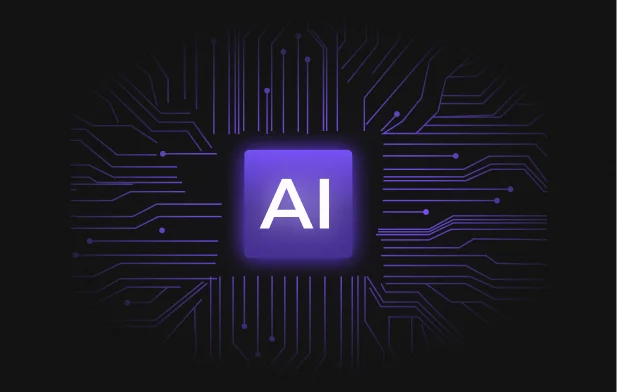Many of us embrace GenAI to boost productivity, get the creative spark going, analyze data, and so much more. But what happens when the answers we receive from GenAI are completely wrong?
There are already several GDPR complaints filed with European regulators, arguing that publicly available LLMs violated European privacy laws by generating and sharing false personal information.
The concerns with AI-generated content and the tendency for models to hallucinate, creating entirely false but convincing narratives is not new, but they certainly are getting more prominent.
Despite disclaimers that AI can make mistakes, the risk of misinformation spreading remains a serious issue, and many enterprises continue to curb the use of AI and continuously educate their employees on the downfalls.
But a valid question remains: when things go wrong, who faces responsibilities?
When the blame game begins, it is easy to point fingers at a single person. But the reality is more complicated. Depending on the incident, responsibility could fall on:
- CISOs and Security Teams – If the issue involves data breaches, model security flaws, or AI-driven cyber risks, then security leaders need to answer.
- Compliance Teams –If GenAI violates regulations like GDPR or the EU AI Act, Compliance teams should be held responsible, since ensuring compliant and governed AI deployments is their responsibility.
- AI and Data Teams – Those developing, deploying, or maintaining AI models are responsible for leaked data, model inaccuracies, and inability to curb harmful outputs.
However, CIOs and CEOs may also feel the backslash and carry the responsibility for strategic failure and reputation damage.
So, what can organizations do?
Businesses need clear AI governance frameworks that can help mitigate risks and ensure the safe and responsible use of AI. Organizations must continuously educate, while ensuring strict control over AI deployments, data access, and AI governance. One of the ways to ensure that is to adopt or reinforce the Zero Trust mindset: never trust, always verify.
Is there a Zero Trust AI platform?
One that:
- Can encrypt data at-rest, in-transit, and during processing, which comes with Enterprise Key Management for fine-grained access controls that ensures only authorized and privileged people and processes can use data in plain text.
- Has built-in AI guardrails that detect sensitive data, prevent malicious tampering with models, and detect harmful outputs.
- Runs data and AI models inside Trusted Execution Environment for highest level of security.
- Is an end-to-end turnkey solution that drives AI security, governance and compliance.
Well, maybe a platform like this does exist. All I can say now- if you have read thus far, please stay tuned.

 Cite this article
Cite this article









